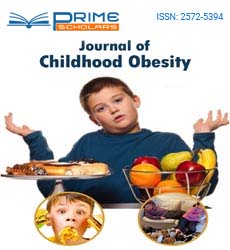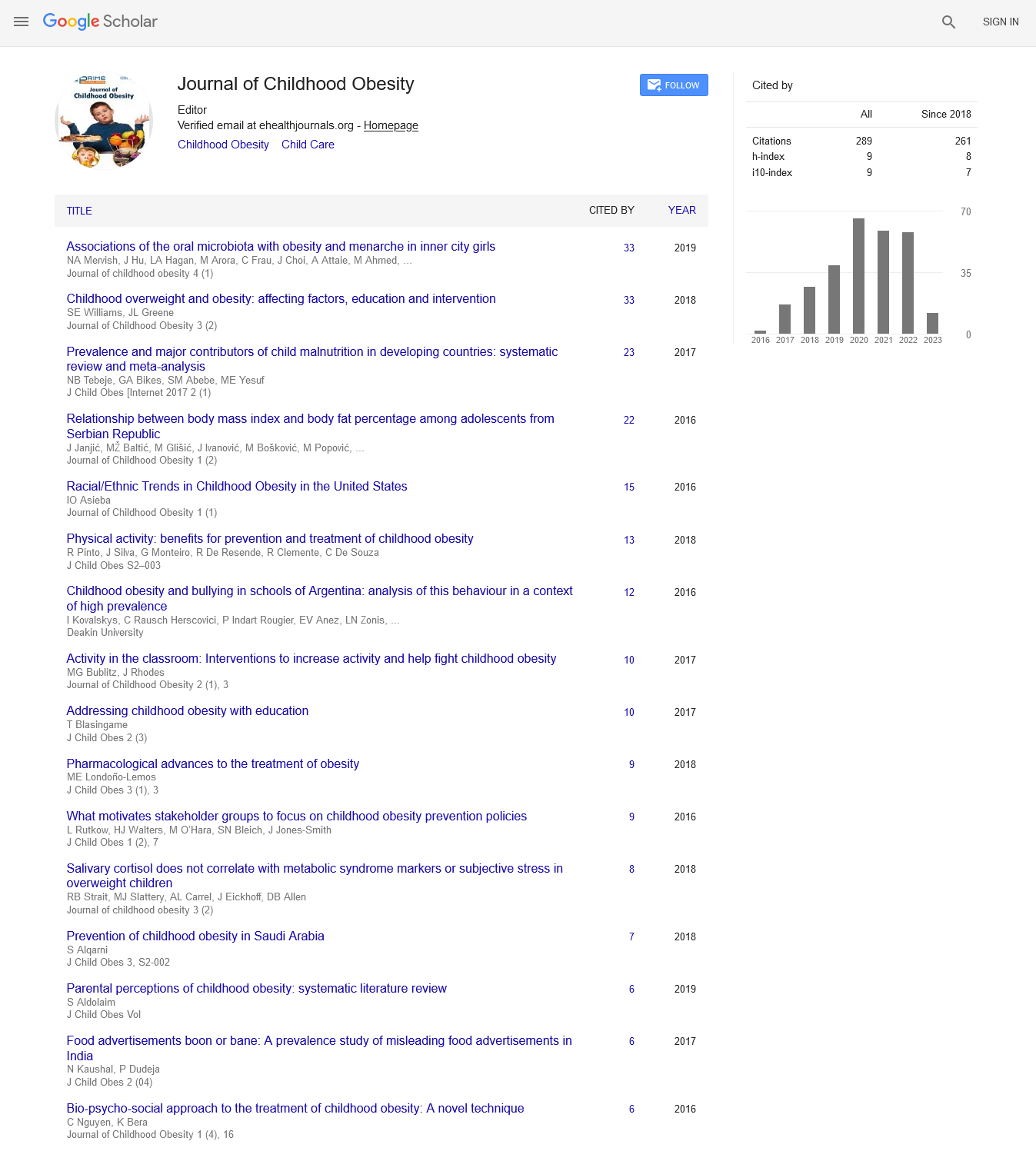Commentary - (2023) Volume 8, Issue 5
Navigating the Complex Landscape of Prader–Willi Syndrome in Children
Henry Gonzalez*
Department of Health and Education, Emory University, United States of America
*Correspondence:
Henry Gonzalez,
Department of Health and Education, Emory University,
United States of America,
Email:
Received: 02-Oct-2023, Manuscript No. ipjco-23-18447;
Editor assigned: 04-Oct-2023, Pre QC No. ipjco-23-18447 (PQ);
Reviewed: 18-Oct-2023, QC No. ipjco-23-18447;
Revised: 23-Oct-2023, Manuscript No. ipjco-23-18447 (R);
Published:
30-Oct-2023, DOI: 10.21767/2572-5394-23.8.50
Description
Prader–Willi Syndrome (PWS) is a rare and complex genetic
disorder that presents a myriad of challenges for both children
and their families. Characterized by a range of physical, cognitive,
and behavioral features, PWS demands a comprehensive
understanding and tailored interventions. This article explores
the unique aspects of Prader–Willi Syndrome in children, shedding
light on the complexities associated with its diagnosis,
symptoms, and management. Prader–Willi Syndrome is caused
by the loss of function of specific genes on chromosome 15,
particularly those inherited from the father. The syndrome is
not typically inherited but occurs sporadically due to genetic
abnormalities. The absence of these genes affects the normal
development of the hypothalamus, leading to a cascade
of physical and behavioral challenges. Diagnosing PWS can be
challenging, and the symptoms may not be immediately apparent.
The syndrome often goes undetected in infancy, with
notable features becoming more evident as the child grows.
Genetic testing is crucial for confirming the diagnosis, and early
identification allows for timely intervention and support.
Infants with PWS commonly exhibit hypotonia, or low muscle
tone, affecting their ability to feed and develop motor skills.
Weakness in the muscles, particularly in the early stages of life,
can lead to challenges in feeding, causing issues with weight
gain and growth. One of the hallmark features of PWS is hyperphagia,
an insatiable appetite that can lead to excessive eating.
Children with PWS have difficulty recognizing when they are
full, leading to obesity if their food intake is not carefully monitored.
Managing obesity in PWS requires a combination of
dietary restrictions, behavioral interventions, and close monitoring.
Many children with PWS experience growth hormone
deficiency, which can affect both stature and overall development.
Growth hormone therapy is often recommended to support
physical growth and development. Cognitive challenges in
children with PWS can range from mild intellectual disabilities
to moderate cognitive impairment. Behavioral issues, such as
obsessive-compulsive tendencies, tantrums, and skin-picking,
may also manifest. Behavioral interventions and therapeutic
approaches are vital in addressing these challenges. Children
with PWS may face learning disabilities, particularly in areas
such as mathematics and spatial skills. Tailoring educational
strategies to meet the individual needs of each child is essential
for academic success. The management of Prader–Willi
Syndrome necessitates a multidisciplinary approach involving
healthcare professionals, educators, and caregivers. Pediatricians,
geneticists, endocrinologists, and psychologists work collaboratively
to address the diverse needs of children with PWS.
Given the propensity for obesity in PWS, nutritional management
is a cornerstone of care. Implementing controlled diets,
structured meal plans, and supervised eating environments
are crucial to prevent excessive weight gain. Growth hormone
therapy is a common intervention for children with PWS to address
growth hormone deficiency. This therapy supports linear
growth, muscle development, and overall physical well-being.
Addressing behavioral challenges in children with PWS requires
specialized behavioral interventions. Strategies may include
structured routines, visual supports, and positive reinforcement
to manage behaviors associated with obsessive-compulsive
tendencies and mood fluctuations. Tailoring educational
plans to accommodate the learning needs of children with
PWS is essential. Individualized education plans (IEPs) can help
create a supportive learning environment, fostering academic
achievement.
Acknowledgement
None.
Conflict Of Interest
The author declares there is no conflict of interest in publishing
this article.
Citation: Gonzalez H (2023) Navigating the Complex Landscape of Prader-Willi Syndrome in Children. J Child Obesity. 8:50.
Copyright: © 2023 Gonzalez H. This is an open-access article distributed under the terms of the Creative Commons Attribution License, which permits unrestricted use, distribution, and reproduction in any medium, provided the original author and source are credited.

